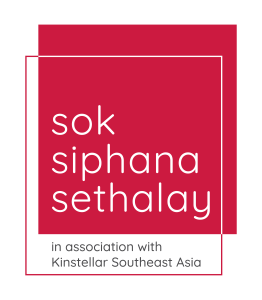Impact of Liberalisation on the Myanmar Insurance Industry
Western style insurance arrived in Myanmar in the early part of the 19th century and continues to flourish. Nonetheless, there has been disruptions to the insurance sector. Between 1897 and 1940 there were approximately 110 insurance companies in what was then known as Burma. The first disruption to the sector was in 1960s when the then Socialist Government conducted a nationalisation process and nationalised all private enterprises. All life insurance companies were consolidated in the state Union Insurance Board and private insurance companies stopped trading, shut down and left the country. By 1964 all private insurers had been abolished. Due to the decentralised structure, all insurance business was placed in the state-owned Insurance Company, Myanma Insurance, which became the only insurance company in the country.
The market economy was revived after the 1988 political upheaval and the plan to liberalise the insurance sector of Myanmar came about by the enactment of the Insurance Business Law (“the IBL”). The IBL established a regulator, the Insurance Business Supervisor Board (“IBSB”), which was tasked with looking after applications for licences and other requirements for insurers, underwriters and brokers. There was another disruption in 2012, which can be termed as innovative disruption. The IBSB launched its application process and 12 insurance licenses were issued to the private sector.
The final innovative disruption came about very recently with the announcement, by the Ministry of Planning and Finance in allowing foreign insurance companies to conduct insurance business in Myanmar. The announcement provides for three potential routes to market entry for foreign insurance companies. The first is that only three foreign insurance companies will be granted a licence to operate a wholly-owned subsidiary while foreign life insurance companies with existing local representative office is entitled to form a joint-venture with local life insurers. For non-life insurance business, only joint-venture between local non-life insurers and their foreign counterparts who have a representative office in Myanmar would be allowed.
There seems to be a misconception on the liberalisation of life insurance sector in Myanmar. While change has been long awaited, consideration should be made for foreign insurers who already have presence in Myanmar. Foreign insurance companies, especially Japanese insurance companies, such as Sompo Japan Insurance, Mitsui Sumimoto Insurance to name a few, have been operating their local representative office for more than 20 years. During that time, they have had to rent office space, cars and hire local staff etc. and maintain least one expatriate. In other words, they have contributed to the local economy while being limited largely in engaged in research and capacity building.
From a practical and natural justice point of view, those foreign insurance companies who have representative offices in Myanmar should be given preference over foreign companies who have yet to enter the market. They should be given the option to operate as one of the wholly-owned subsidiary or in a joint venture. The regulation of the insurance sector is highly technical and failure to regulate local and foreign insurance companies might lead to disruption in the state-economy. With the liberalisation of the insurance sector, foreign companies will be able to offer their expertise and technological know-how to the local insurance sector. However, it will be a challenging start before they are able to capitalise on Myanmar’s potential. Nonetheless, liberalisation is vital for Myanmar and the government should ensure that the right balance is struck in allowing foreign investment and expertise into the country to drive the market forward without cannibalising the local firms.
If you have any questions or require any additional information, please contact Dr. Maung Maung Thein or the ZICO Law Partner you usually deal with.
This alert is for general information only and is not a substitute for legal advice.



